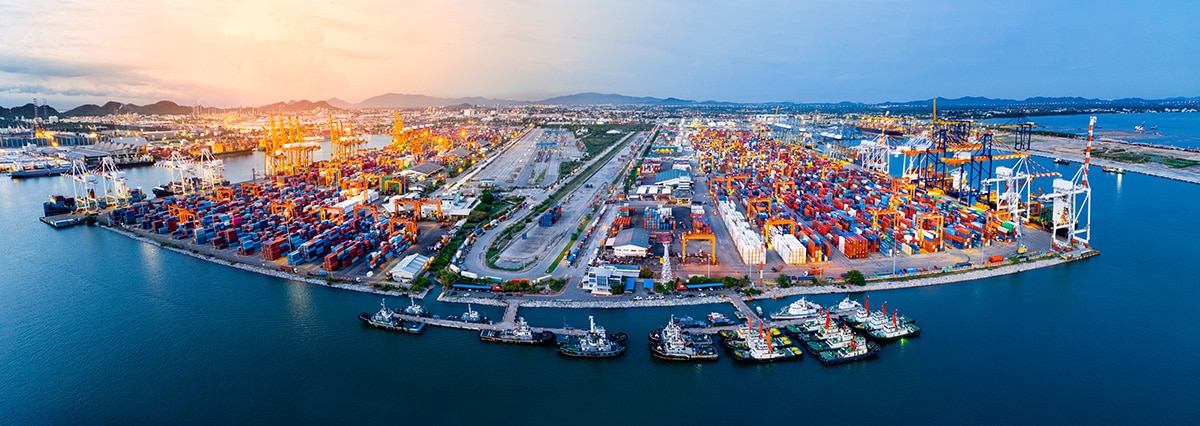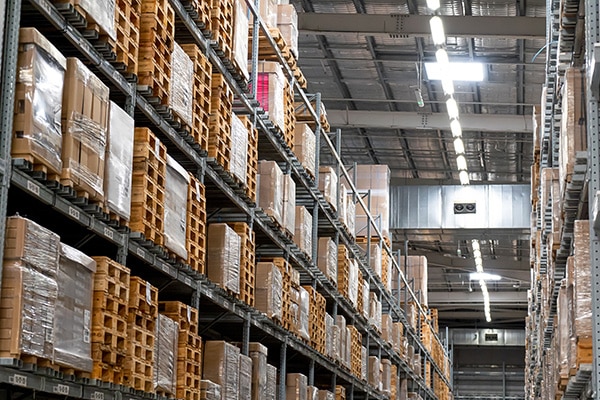What is the Freight Forwarding Process?

The international freight forwarding process encompasses the efficient movement of shipments and goods between two or more destinations, expertly managed by a freight forwarder. For businesses seeking to expand on a global level, engaging in importing and exporting goods presents opportunities for growth. However, international logistics can quickly become intricate and challenging, necessitating the assistance of freight forwarders.
Freight forwarders play a pivotal role in facilitating shipping operations, as their expertise lies in understanding international trade regulations and effectively coordinating shipments worldwide on behalf of companies. These specialized firms employ skilled agents to manage the extensive paperwork and documentation involved in shipping and receiving logistics, ensuring that goods are shipped promptly and securely to meet specified deadlines. Duties handled by freight forwarders range from preparing cargo manifests to managing insurance claims and issuing internal bills of lading.

Stages of the freight forwarding process:
Stage 1 – Export Haulage:
During this phase, items are transported from the shipper’s location to the freight forwarder’s warehouse. The mode of transportation can vary (air, ground, or ocean) and the duration ranges from a few hours to a few weeks, primarily depending on the mode of transport but also factoring in distance, location, and the nature of the items.
Stage 2 – Items Checkpoint:
Following the export haulage, freight forwarders meticulously inspect and verify the condition of the received goods to ensure they were transported without any incidents.
Stage 3 – Export Customs Clearance:
Before items can be shipped internationally, they must obtain clearance from the country of origin. This process is handled by customs brokers, who submit necessary cargo details and supporting documentation. Freight forwarding companies may offer this service, or companies can opt for a third-party customs broker.
Stage 4 – Import Customs Clearance:
Upon the arrival of the shipment at the destination country, authorities there check the import customs documents. An essential aspect of this stage is that it can commence before the cargo’s physical arrival, and freight forwarders or nominated customs brokers are responsible for timely clearance.
Stage 5 – Destination Arrival and Handling:
Upon cargo arrival, freight forwarders receive and manage all pertinent documents – such as outstanding documentation and carrier bills – ensuring a smooth and seamless process.
Stage 6 – Import Haulage:
Similar to export haulage but on the import side of the process, this stage involves transporting the cargo from the warehouse to the final destination of the intended receiver. Freight forwarders can facilitate this process, or the consignee may choose to handle it independently.

By efficiently executing the above steps, freight forwarding plays a vital role in driving success for businesses engaged in international trade. Freight forwarders optimize routes and travel options, whether by air, ground, or ocean, tailored to the specific types of goods and cargo being shipped. Their expertise and services are instrumental in ensuring smooth international operations, bolstering business growth and expansion.
Omni Logistics provides global logistics services to meet any requirement. With our range of multimodal services including air, ground, and ocean options, we are able to develop freight forwarding solutions to meet any time, service level, or cost requirements.
